Education & Social Work
The University of Auckland is New Zealand’s leading university for Education – ranked 27th in the world*, and the only New Zealand university to feature in the
global top 50. Our staff are nationally and internationally recognised for their teaching and research, and our graduates are sought after by employers in local and global markets.
Bachelor of Education (Teaching)
Duration: 3 years
Intake: Semester one and Semester two (Semester 2 intake subject to availability*)
*The July intake is only available for students enrolling in the Primary specialisation at the Epsom Campus.
Bachelor of TESOL
Duration: 3 years
Intake: Semester two
Bachelor of Sport, Health and Physical Education#
Duration: 3 years
Intake: Semester one and Semester two
Bachelor of Social Work
Duration: 4 years
Intake: Semester one and Semester two
CERTIFICATE IN FOUNDATION STUDIES SUBJECT SELECTION
– English for Academic Purpose(EAP) is compulsory for all students.

